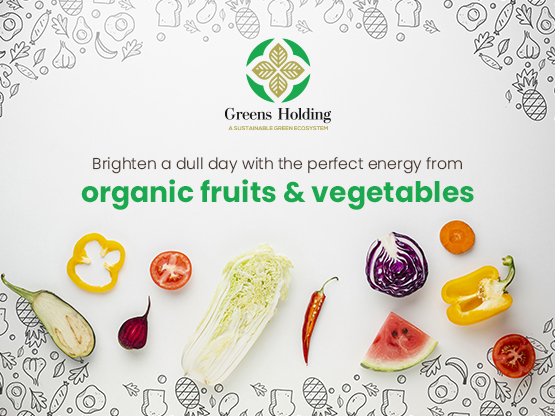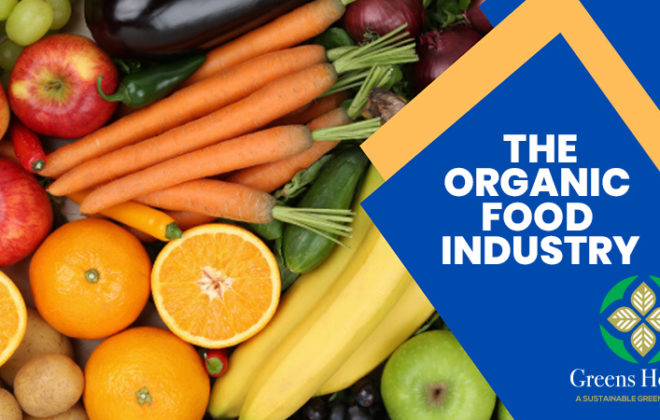Organic Food
The expression “organic” alludes to the way agricultural items are developed and prepared. Generally, organic foods must be developed without the utilization of engineered pesticides, oil-based manures, bioengineered genes (GMOs), and sewage-based composts.
Organic animals raised for meat, eggs, and dairy items must be allowed outside and be given organic feed. They may not be given anti-toxins, development hormones, or any products. Organically raised animals are not given anti-toxins, development hormones. Organically raised animals are given more space to move around and access to the outside, which helps to keep them healthy.
The Advantages of Organic Food:
How the food is produced can majorly affect the psychological and physical well-being of the consumer. Organic foods frequently have increasingly advantageous nutrients than their locally developed counterparts. Individuals with hypersensitivities to foods, synthetic compounds, or additives regularly discover their cravings disappear when they eat just organic foods.
Organic foods are better for the environment as well. Organic cultivating decreases contamination, monitors water, diminishes soil disintegration, increases soil richness, and utilize less energy.
Organic produce contains less pesticides. Synthetic compounds, for example, fungicides, herbicides, and bug sprays are broadly utilized in ordinary agricultural business and accumulates the food we eat.
Organic food is fresher since it does not contain additives that make it last more. Organic produce is frequently delivered from smaller farms close to where it is sold.
Overall, it is safe to say that organic food improves the health of consumers and will prove more beneficial in the long run.
Related Posts
Leave a Reply Cancel reply
Categories
- GreensProject (24)




